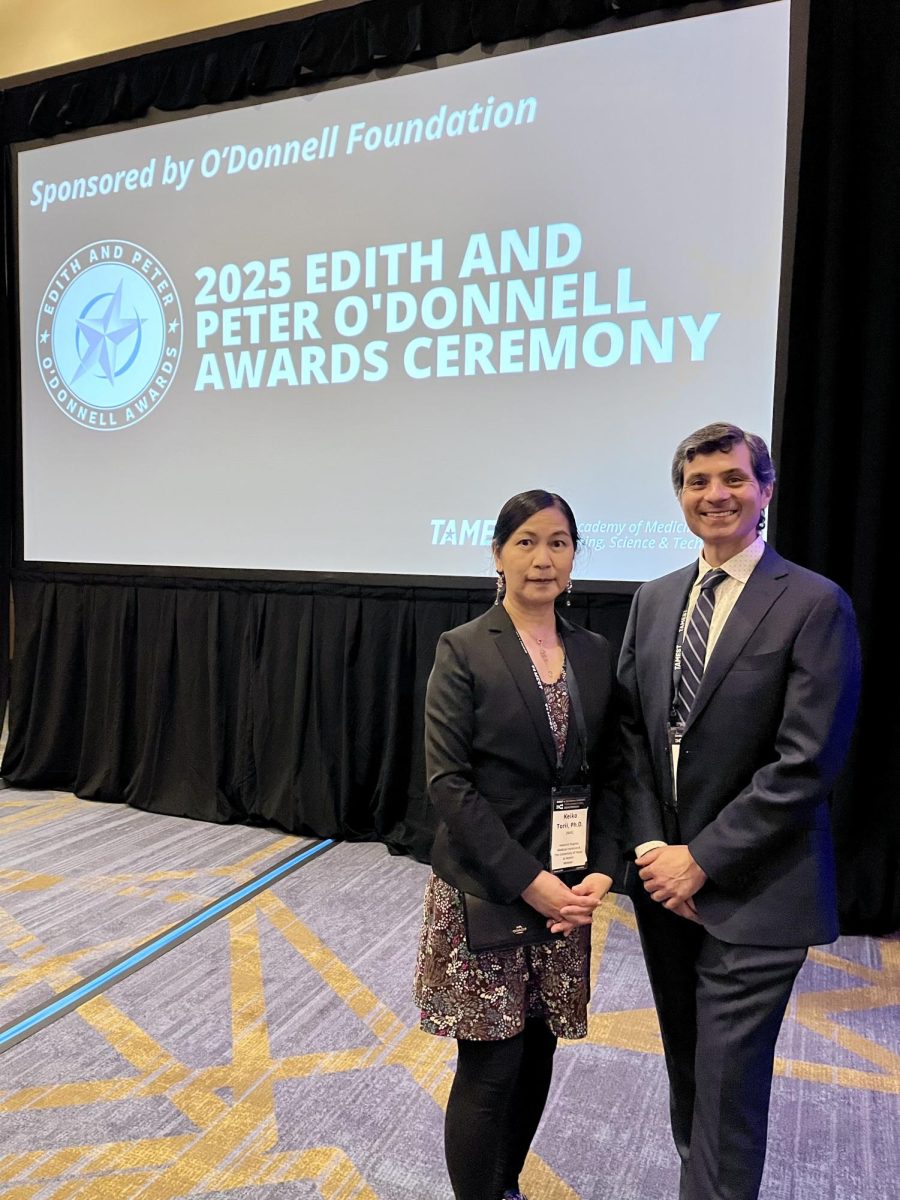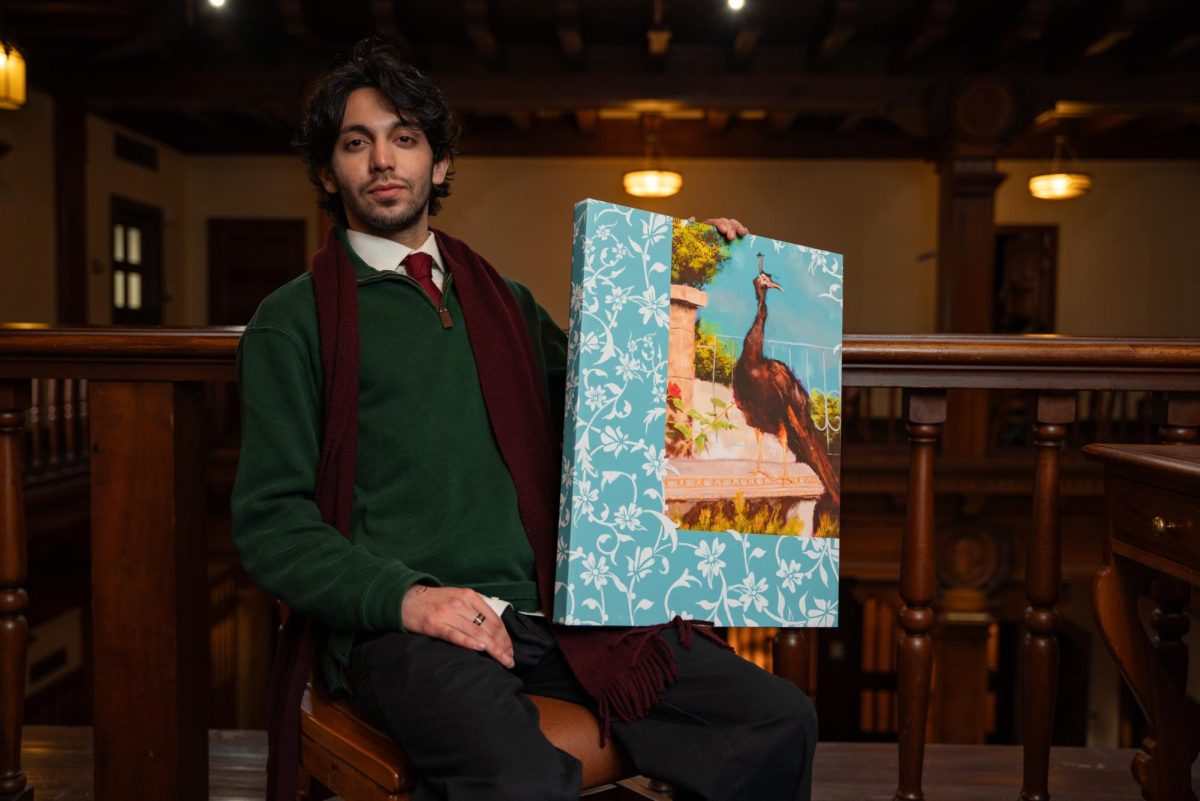When Jim Lawhon began detecting for metal in his backyard more than 15 years ago, he had little piles of dirt where he had found silver and gold coins.
But after years of patience and many different metal detectors, he has since learned how to cut a perfect half-moon into the dirt and patch it back, training that he mustered with the help of the Austin Metal Detecting Club.
“A seasoned detectorist can locate metal and dig it up, and you would never know they were there,” Lawhon said. “We actually discourage the use of a shovel, since they tend to really tear up the soil.”
The Austin Metal Detecting Club began in 1986 and meets the second Thursday each month as a general get-together. Detecting enthusiasts of all ages and years of experience share stories of recent findings and areas they believe will be good for future hunts.
“You’ll hear [conversations about] everything from politics to rare marbles,” said 20-year metal detector Lee Presley. “It’s just a room full of collectors, a group of people congregating because they love this hobby we’ve all found.”
Every metal detector has a control box that sends out signals at different frequencies; if metal is nearby, the signal is interrupted by a series of beeping noises. Additionally, superior metal detectors have a pinpointer, which gives an approximation of how deep the metallic item is buried underground.
The club goes on group hunts that take place on the weekends and usually vary in location. Lawhon acknowledged the importance of camaraderie to detecting. Very seldom will someone go out hunting by themselves.
“At first, one of the reasons I joined the club was for the people,” Presley said. “I’ve been hunting since I was 4 years old with my granddad. It’s nice to meet people with the same interest as me.”
In addition to the companionship, a few members joined the club because they wanted to give back by volunteering their time to serve the community and hunt for lost items. The search team has a 90-percent success rate of returning lost items.
“There’s nothing like seeing someone’s face when you return a wedding band. Most have tears in their eyes,” Lawhon said.
Despite what many of the club members thought coming into metal detecting, most items don’t require an enormous amount of digging. Instead, they only require the use of very small tools like a flat blade or a screwdriver.
“Most of what you find isn’t over an inch-and-a-half deep,” Presley said. “It could have been there for 10 years or more, and it’s only covered by leaves.”
Most detectors are more effective the wetter the ground is. The moisture gives off a halo affect and makes metallic pieces easier to find than in dry ground.
However, getting permission to even detect has become increasingly more challenging over the years. Most public lands are forbidden, limiting the club members to private lands that require permission from the owner.
“We tell them if there’s anything you want, you’re welcome to it,” Lawhon said. “A lot of times, they think they have something, but they aren’t going to go out and look for it.”
The enthusiasts agree it’s not a hobby that’s going to make you rich and joining for the wrong reasons isn’t satisfying. Presley and the rest of the club members detect for the love of the hobby, in addition to any rewards they may find.
“I grew up with it, but all of this new generation just expects to go out and get rich off of it,” Presley said. “The best thing I ever found was a bullet from the Civil War, and those aren’t worth that much, but they’re worth a lot to me.”
Printed on Monday, October 17, 2011 as: Metal-detecting club unites enthusiasts of unique hobby




















